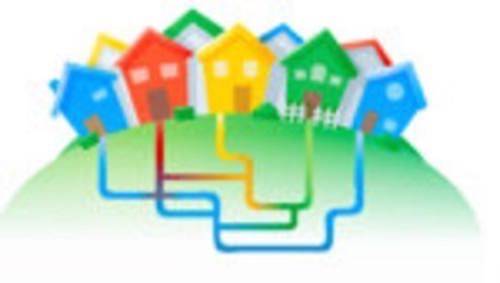We’ve all seen it and we’ve all done it – you’re at a friends house with your laptop, and they don’t have wireless, so you take a look and sign on to the nearest unsecured wireless network. No biggie, but certainly you wouldn’t rely on this open network for all your Internet needs, right?

A report by analyst firm Mintel released this week claims that “Wi-Fi pirating” could be a main reason for the slow growth of broadband adoption over recent years.
According to Mintel, “home Internet services saw revenues increase by only 3% over the past five years”, but surely Internet use itself has been on the rise. The firm found that 72% say that they have Internet access at home, but only 56% report subscribing to a service at home. Where does the discrepancy come from?
“Home Internet penetration barely moved from 2006 to 2009. The slow growth in the era of Facebook, Pandora and YouTube shows that people are accessing the Internet from home through different methods, even if they haven’t paid for access themselves,” said Billy Hulkower, a senior analyst at Mintel. “Younger consumers appear especially likely to use a neighbor’s Wi-Fi signal instead of subscribing at home as they are more likely to know how to find and connect to their neighbors’ service.”
Beyond these “young consumer”, guess who else appear most likely to steal Wi-Fi – those households bringing in more than $75,000 a year.
As part of the same report, Mintel says it found that cell phones and mobile devices have more than doubled from 2005 to 2009 as methods for home Internet access, while dial-up still hangs on with just under 10% of the respondents.

















